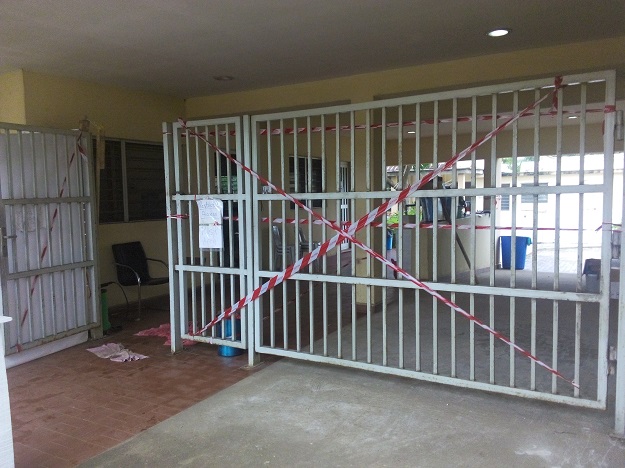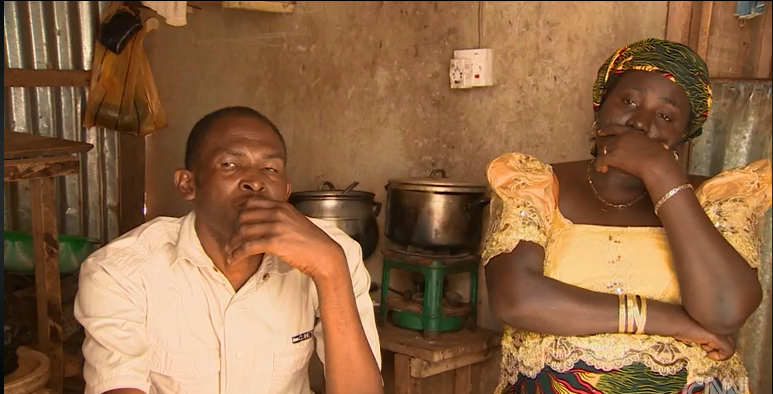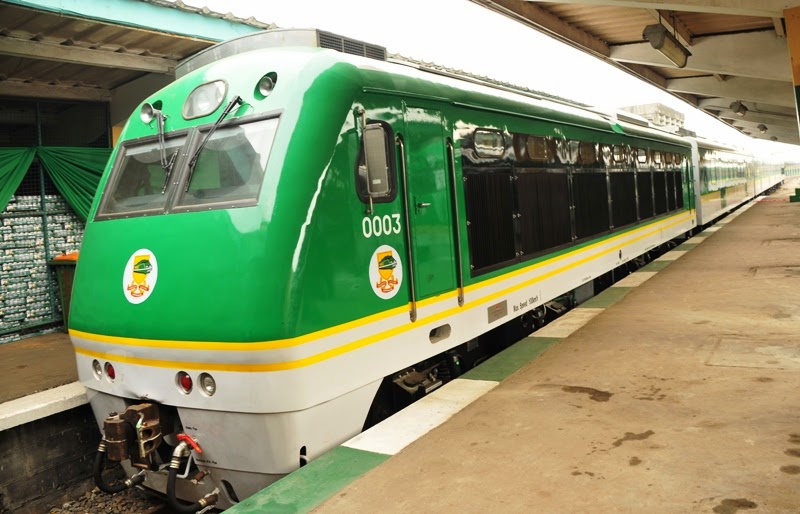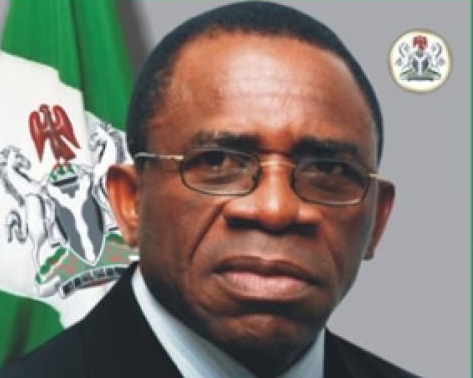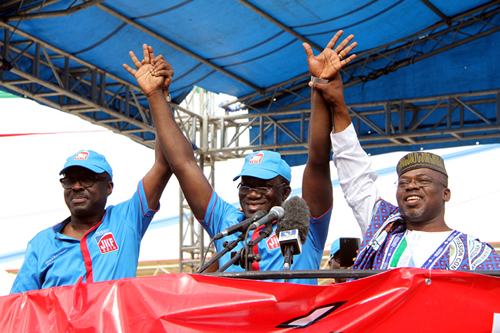WITH EBOLA CONTAINED, WHO NEEDS HEALTH WORKERS?
According to a doctor who has been involved in the Ebola struggle but would not want to be named, “there is still a lot to be done because when we say something is an epidemic, it is not enough to say you were able to manage the last case, you still have to put measures in place so to prevent a reoccurrence”.
“This is a festive season, Christmas period, when people, including people in West African countries, are travelling and some of them would be returning. Nigerians living in these countries would be returning to celebrate Christmas with their family. Some are in Sierra Leone, Liberia, Guinea and some of these affected countries.”
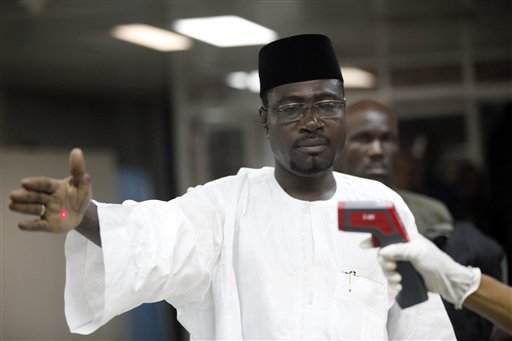
His claims were corroborated by the doctor on the Ebola management team.
“These workers are needed to guard against a recurrence of Ebola in Nigeria. We are trying to promote hand-washing practices in Nigeria through mass education; we are getting support from UNICEF and some other international organisations to produce materials, to educate people on Ebola in schools, government offices, military and other places.
Advertisement
“We are trying mass awareness on Ebola; we are trying to also train people on Ebola especially in government establishment and even private organisations. We go around training people, especially those being taken out of the country for peacekeeping. We train them and those returning likewise. We train them on how to wash hands and also we are doing surveillance activities especially at the border and points of entry: seaports, land borders and the airport. We are vigilant.”
“For example, at the airport, we have hundreds of staff who are port head staff, who are being paid to screen passengers at the airport, who are being paid to do that, who I didn’t even include in the 200 I told you about.
“We also have staff at the centre who are the ones supervising them, taking records and outing this into writing. We still have social mobilizers, people who involved in house-to-house mobilisation, training people. We are doing that and most of these people are the ones coordinating such activities, monitoring what is going on.
Advertisement
“We have Ebola alert, where we have Ebola rumour, call, contact centre. We have people managing it; these are the same people managing the call centre and also managing information on Ebola. Sometimes, we get information or calls from hospitals, clinics, I have a patient whose temperature is high and has gone beyond certain degrees, and instantly we go there to find out what the situation is.
“So if we receive any call now about any rumour or alert, we move instantly to go and investigate if it’s a possible case of Ebola or mere fever. We have people on ground in case there’s a new case or maybe something similar. We have staff who are on ground; we call it surveillance. They’re on ground to find out what is going on to ensure there’s no recurrence of Ebola.”
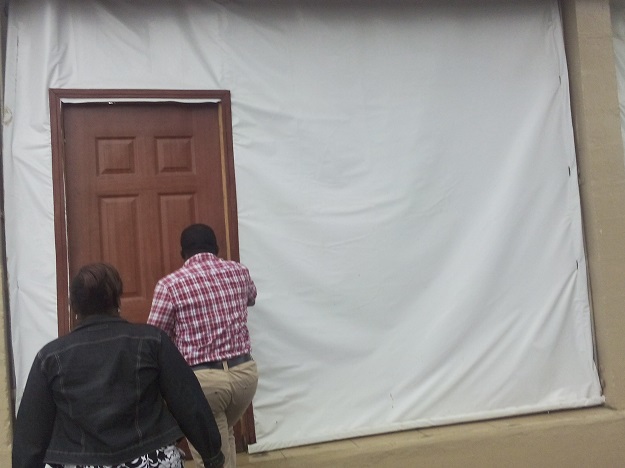
WEARY WORKERS
Throughout November and even in December, complaints about payment of salaries and the dwindling motivation of workers featured prominently.
At a meeting of the Ebola Emergency Operations Centre (EEOC) held at the conference hall of the centre on Monday November 10, 2014, the Logistics workers complained that their vehicles were “running out of fuel and Total may not assist with the fuelling”.
Advertisement
“During the outbreak, Total was running after us because they do not want to be infected,” the person said.
“But now that the outbreak is over, we need to run after them because we have enhanced surveillance that we are doing, and we need to be proactive for now.”
It was resolved at the meeting that a letter would be written to Total, “informing them that EEOC activities are still ongoing and there is urgent need to strengthen Nigerian borders during this festive period”.
At the next meeting on Thursday November 13, 2014, the first complaint by the field workers was that there was “no finance for transport”.
Advertisement
At the meeting, it was established that unpaid staff at the Murtala Mohammed Airport had gone lax about their responsibilities.
“The terminal manager, Mr. Charles, called to register his management’s concern over the laxity noticed among our staff and upon investigation was told that they had not been paid for three months,” read minutes of the meeting obtained by TheCable.
Advertisement
“He expressed fears that they may begin to make undue demands on travelling passengers, a situation he said he would not tolerate.”
At yet another meeting on Monday November 17, 2014, a speaker complained about the “near-zero morale of our expert team members to further support our advocacy and media presence drive”.
Advertisement
At a meeting on November 20, the acting deputy incident manager reported that “the federal government cannot realistically pay the amount they started with, and it was agreed, based on the available funds (which cannot pay N5,000/day), to pay N60,000 for the month of October, after calculating the cost implication of all the budgets”.
Advertisement
Add a comment
